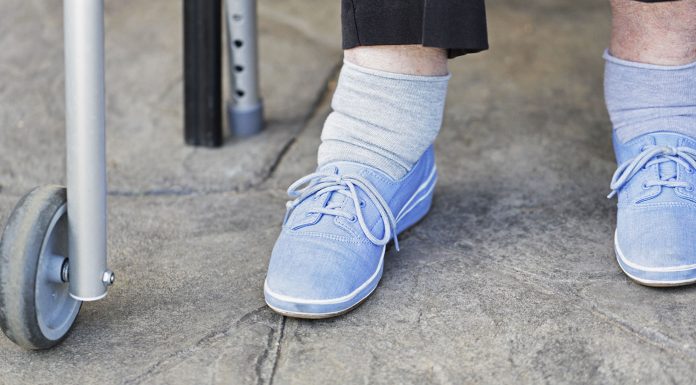A registered nurse who managed a dementia care unit has been found guilty of falsifying patient notes and destroying the original documents after the woman died in the facility’s care, reports the New Zealand Herald.
The owner of the Cornwall Park Hospital, Bupa, has apologised for the unacceptable care provided to the patient and said it now had better policies and processes in place.
The New Zealand Health Practitioners Disciplinary Tribunal found Rekha Devi, the facility manager at Cornwall Park Hospital, guilty of seven charges laid by the Nursing Council’s Professional Conduct Committee relating to misconduct and malpractice.
The charges included leading a group of nurses to rewrite a patient’s notes with false dates and some made-up content, falsifying a temperature chart, instructed a nurse to destroy the original patients notes and other documentation, falsifying a standing order, instructing another nurse to prepare a short-term care plan after the patient’s death and failing to report the falsification in order to cover up the care given to the woman.
In May 2014 the patient, referred to as Mrs S, developed a rash on her right forearm and was initially treated with hydrocortisone.
She developed septicaemia, quickly deteriorated and was admitted to hospital before dying later that day.
Mrs S’s daughter was upset about what happened and Devi told Bupa’s dementia care adviser Beth McDougall and the care home manager for a dementia service in Nelson, Jackie MacKenzie-Howe, who happened to be on site, that her documentation was “not good”.
Ms McDougall told the professional conduct committee she advised her to photocopy documentation and start a timeline, but rejected Devi’s claim they had told her to edit the notes.
Devi then met the nurses involved in Mrs S’s care who claimed they were instructed to rewrite the notes so that they were comprehensive “for the safety of Cornwall Park”.
One nurse, Ms Hansen, was told to delete the notes in the original document that she had made referring to cellulitis and her concern for infection.
Another claimed he was told to make up a short-term care plan after Mrs S died and backdate it, while another said Devi instructed him to destroy the original patient notes and other documentation.
The nurses claimed they were also told to make sure the notes were consistent with Bupa’s policy on infection control and to specifically related to a standing order regarding the use of hydrocortisone cream, which was also fabricated after Mrs S died.
The faking of the documents only came to light months later, after a nurse, Ms Hansen, disclosed Devi’s actions to a Bupa operations manager while at a national care home and clinical manager forum.
In its decision, the tribunal said the charges were “of a serious nature” and involved dishonesty and deception and that a message needed to be sent to Devi and her profession that that type of behaviour would not be tolerated.
Devi was ordered to pay $9,300 in costs and her nursing registration was cancelled. She no longer works at Bupa.
Bupa New Zealand managing director Jan Adams apologised to the family for the “unacceptable” and “well below our standards” care that Mrs S received and the distress caused.
As a result, Bupa reviewed and improved its practices and policies, particularly in the area of wound management.
“We realise that these improvements to practice in no way make up for the standard of care delivered, but we are taking all possible steps to eliminate the factors that contributed to the unacceptable level of care,” Adams said.
The family laid a complaint to the Health and Disability Commissioner, but no further action was taken. The notes considered in the investigation were the altered ones.






















